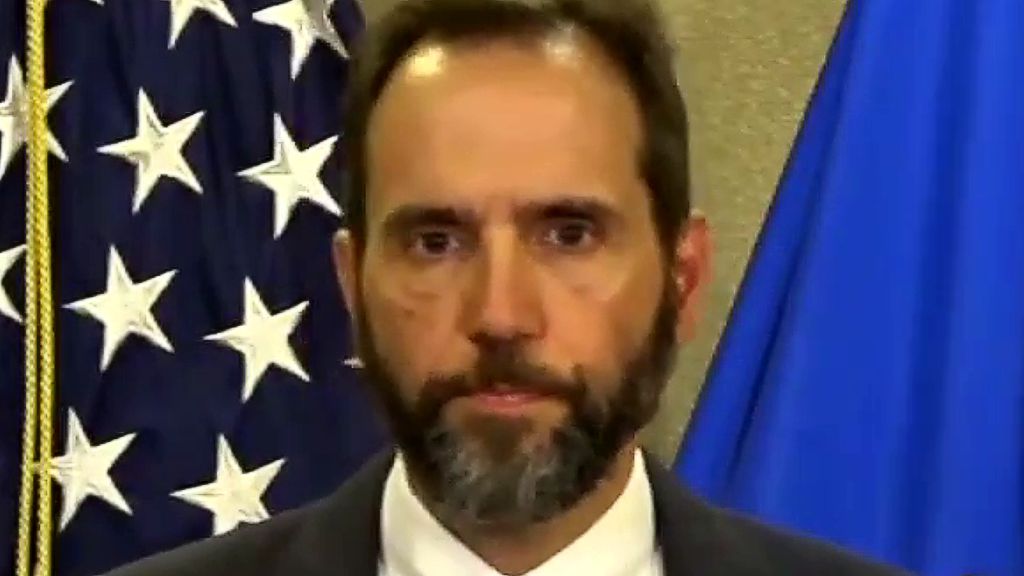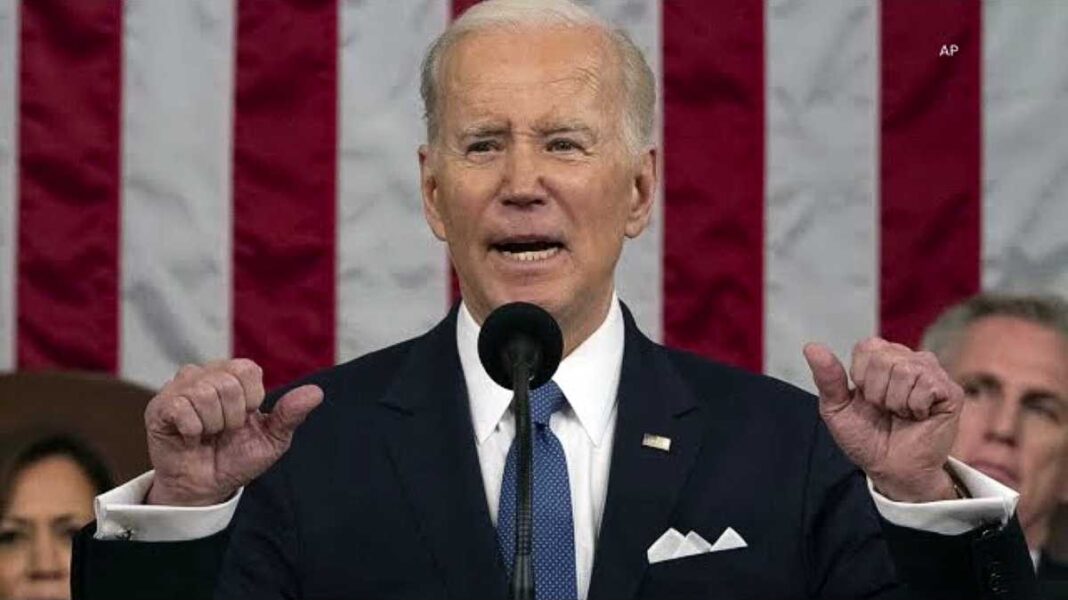The Montana Supreme Court’s overruling of election integrity laws is part of a wider pattern.
The Epoch Times reported on March 28 that the Montana Supreme Court struck down four state “election integrity” laws.
The court’s decision appears to be part of a wider judicial effort to reverse conservative electoral trends in Montana.
Manipulating elections might not seem like a proper role for a court. And it’s not. But as I detailed in an Epoch Times column on Dec. 4, 2023, the Montana Supreme Court has a record of extreme overreach. I described how the justices have made themselves almost unreviewable by exercising an absolute veto over the state constitutional amendment process.
The Montana Supreme Court may be the most bizarre appeals bench in the United States. Along with extreme activism, it frequently exhibits leftward bias and legal incompetence. And, as explained below, perhaps a touch of corruption.
The Court’s Record
I have followed the Montana Supreme Court for many years. In 1990, I wrote my first scholarly article on its case law. I produced major studies in 2012 and 2018 and again in 2024. Although my initial impression (reflected in the 1990 study) was favorable, experience gradually changed my views.
Over time, I learned that the justices’ treatment of legal issues, and particularly constitutional issues, often was sub-par.
I also learned about the court’s leftward political bias. The easiest way to see this bias is to examine how the court treats contested ballot issues. In the years since 1982, it has upheld liberal ballot issues without exception, but almost without exception has struck down conservative ones.
Montana lawyers have told me the court works in tandem with groups that promote left-wing causes and contribute to the justices’ reelection campaigns.
More recently we have seen traces of actual corruption surface. In 2021, it came to light that for decades, the court’s administrator allegedly had been involved in illegal lobbying at taxpayer expense. An ensuing legislative subpoena produced a mass of emails supporting this conclusion. Then the justices shut down further discovery. In response to the administrator’s request, they quashed the legislative subpoena on a Sunday, without—as due process requires—giving the Legislature an opportunity to be heard.
By Rob Natelson








